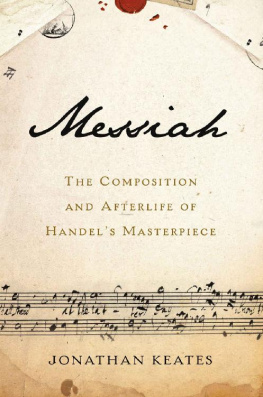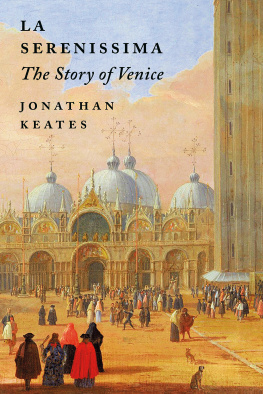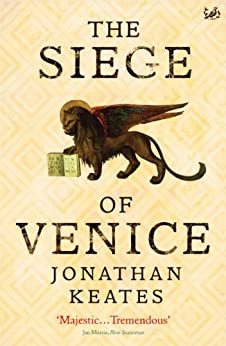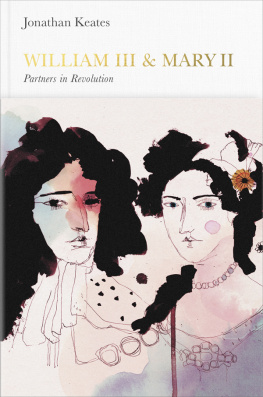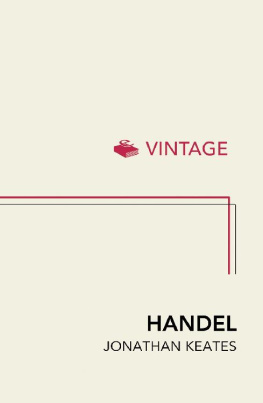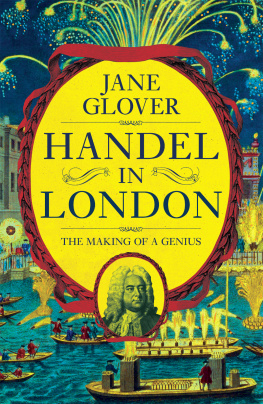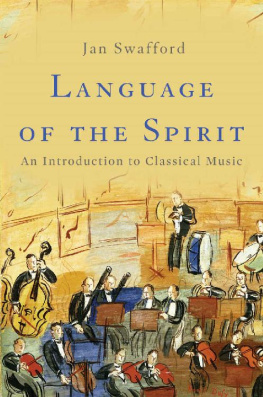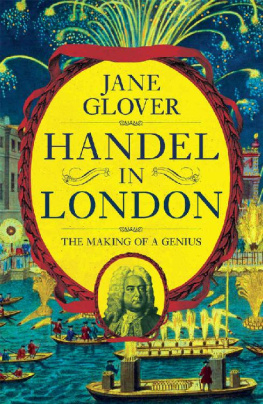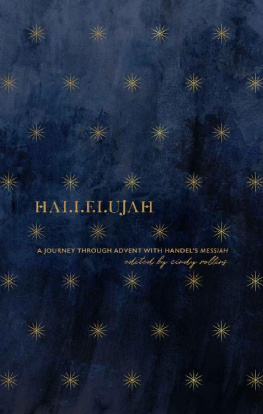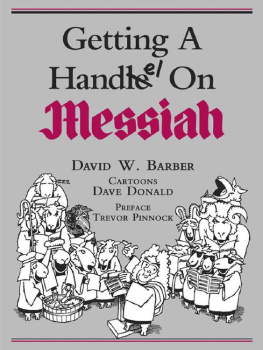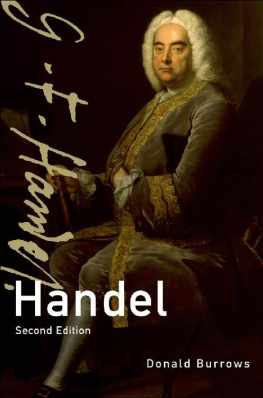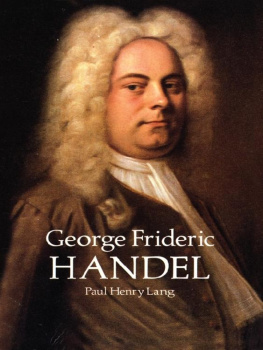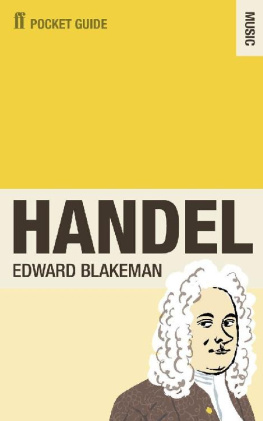Jonathan Keates - Messiah: The Composition and Afterlife of Handel’s Masterpiece
Here you can read online Jonathan Keates - Messiah: The Composition and Afterlife of Handel’s Masterpiece full text of the book (entire story) in english for free. Download pdf and epub, get meaning, cover and reviews about this ebook. year: 2017, publisher: Basic Books, genre: Art. Description of the work, (preface) as well as reviews are available. Best literature library LitArk.com created for fans of good reading and offers a wide selection of genres:
Romance novel
Science fiction
Adventure
Detective
Science
History
Home and family
Prose
Art
Politics
Computer
Non-fiction
Religion
Business
Children
Humor
Choose a favorite category and find really read worthwhile books. Enjoy immersion in the world of imagination, feel the emotions of the characters or learn something new for yourself, make an fascinating discovery.
- Book:Messiah: The Composition and Afterlife of Handel’s Masterpiece
- Author:
- Publisher:Basic Books
- Genre:
- Year:2017
- Rating:3 / 5
- Favourites:Add to favourites
- Your mark:
Messiah: The Composition and Afterlife of Handel’s Masterpiece: summary, description and annotation
We offer to read an annotation, description, summary or preface (depends on what the author of the book "Messiah: The Composition and Afterlife of Handel’s Masterpiece" wrote himself). If you haven't found the necessary information about the book — write in the comments, we will try to find it.
In the late summer of 1741, George Friderick Handel, composed an oratorio set to words from the King James Bible, rich in tuneful arias and magnificent choruses. Jonathan Keates recounts the history and afterlife of Messiah, one of the best-loved works in the classical repertoire. He relates the compositions first performances and its relationship with spirituality in the age of the Enlightenment, and examines how Messiah, after Handels death, became an essential component of our musical canon.
An authoritative and affectionate celebration of the high-point of the Georgian golden age of music, Messiah is essential reading for lovers of classical music.
Jonathan Keates: author's other books
Who wrote Messiah: The Composition and Afterlife of Handel’s Masterpiece? Find out the surname, the name of the author of the book and a list of all author's works by series.

